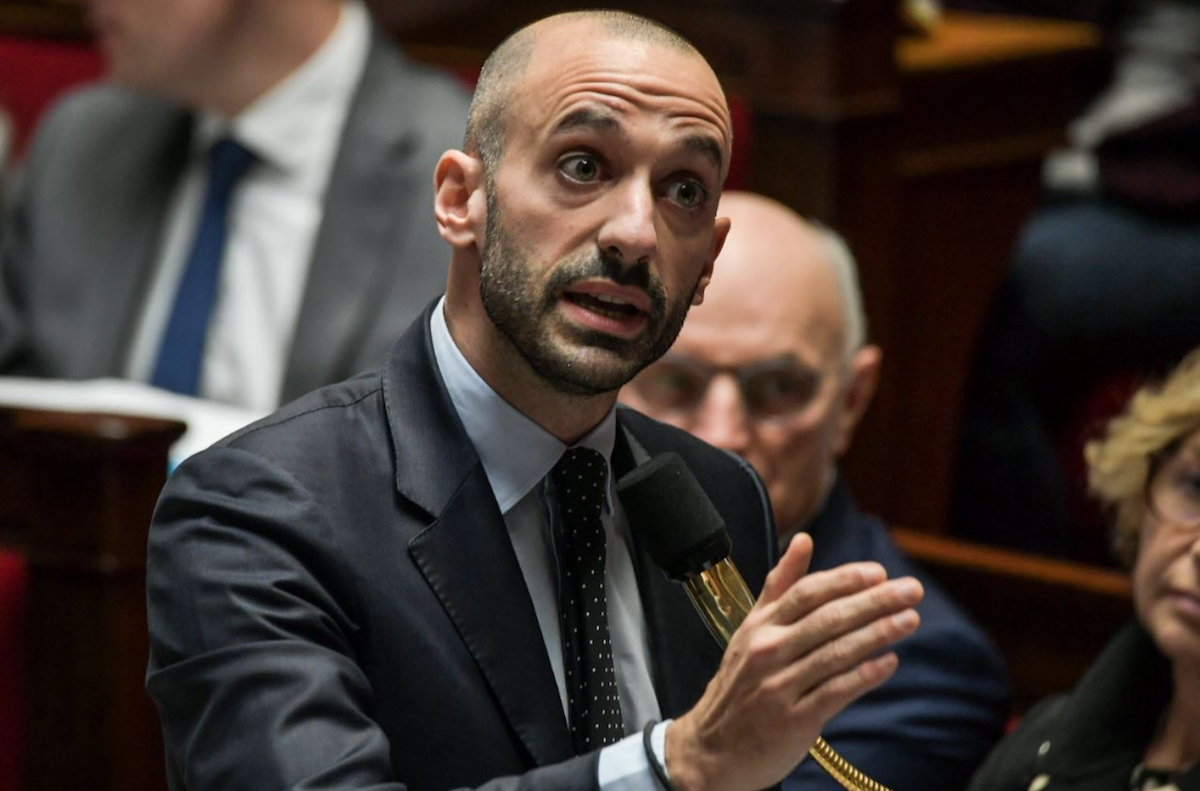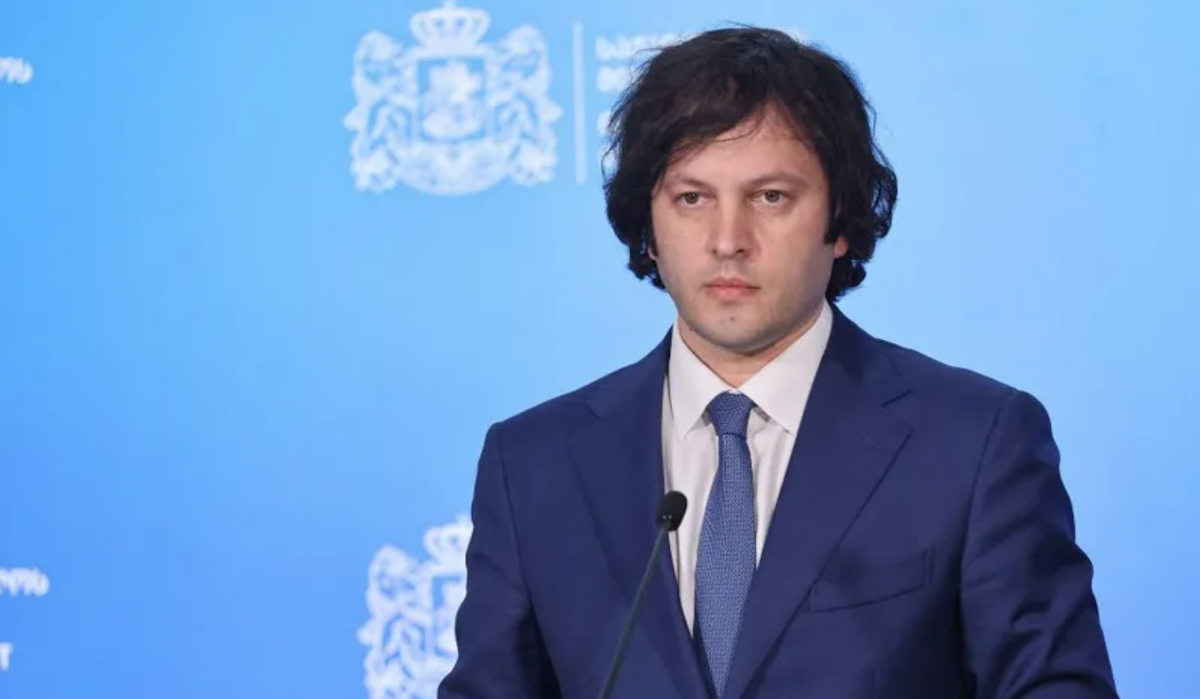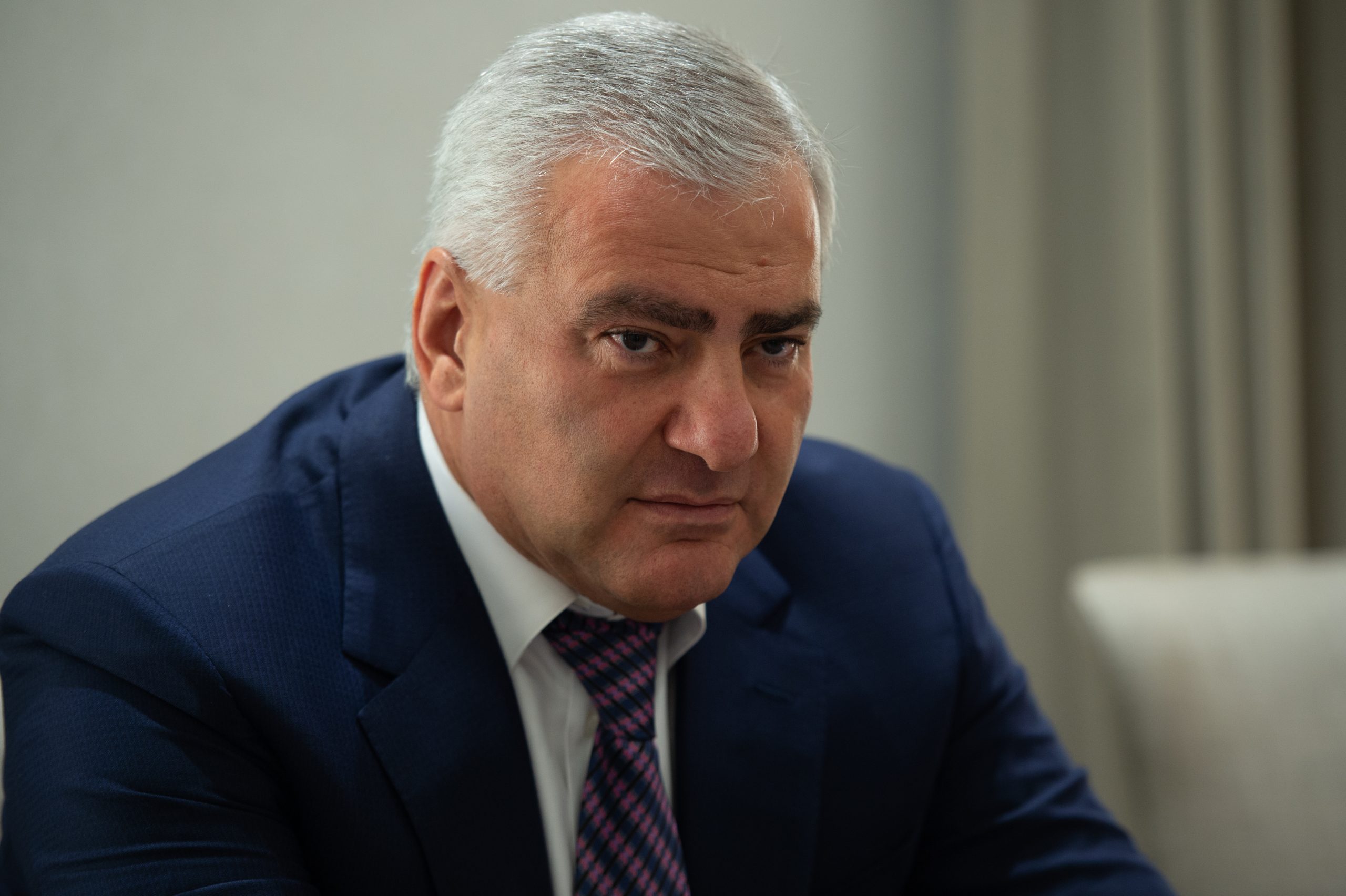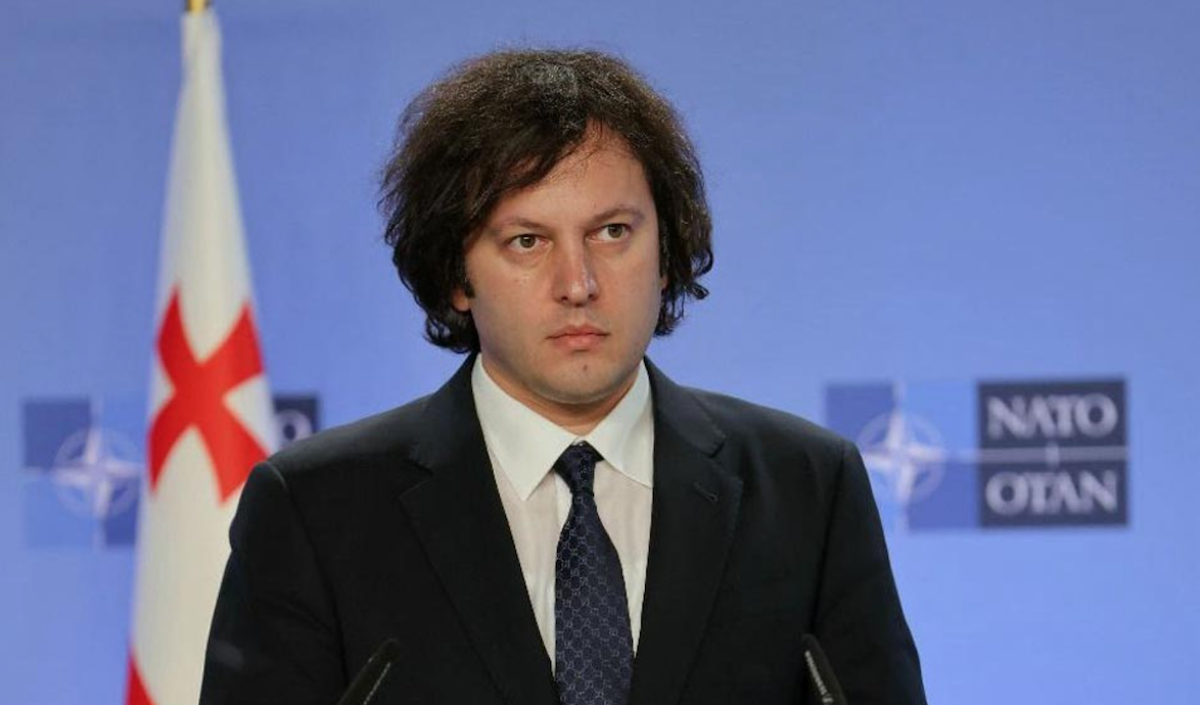Share














Most read

Latest news in Georgia, Armenia, Azerbaijan, summary. Live
Opinion: "The foreign policy landscape is clearly shifting against the ruling Georgian Dream"
Armenia wants to join EU but won’t damage ties with Russia: Pashinyan’s press conference
Azerbaijan-Israel and "neutrality" in Syria: diplomacy from the South Caucasus to the Middle East
EU investments in Armenia to reach €2.5 billion: meeting in Brussels

“If only the Azerbaijan–Nakhichevan route opens, Armenia’s blockade will deepen” — Opinion
Estonia has imposed sanctions on another 19 Georgian officials
“Family regimes’ friendship”: on the visit of Turkmenistan’s ex-president to Azerbaijan
France’s Minister for European Affairs: “They are closing the door to Europe for the people of Georgia”
"Trump must destroy the 'deep state,' otherwise it will destroy both the USA and Europe," - Irakli Kobakhidze










